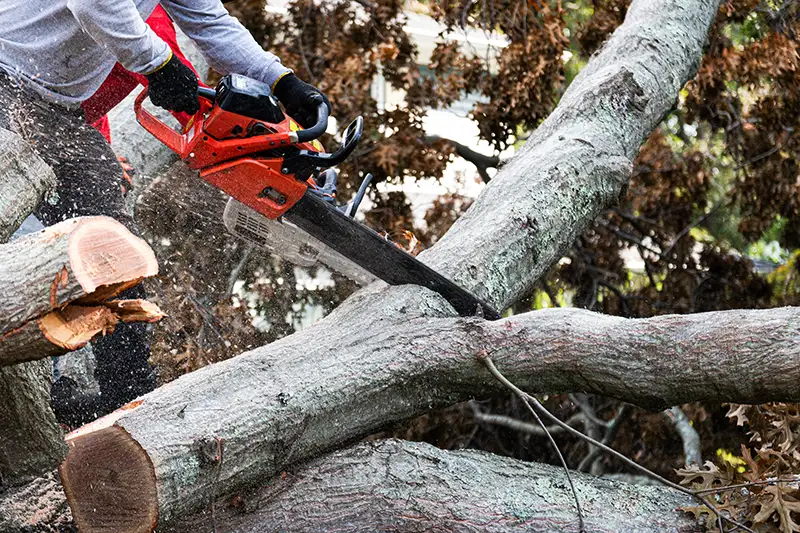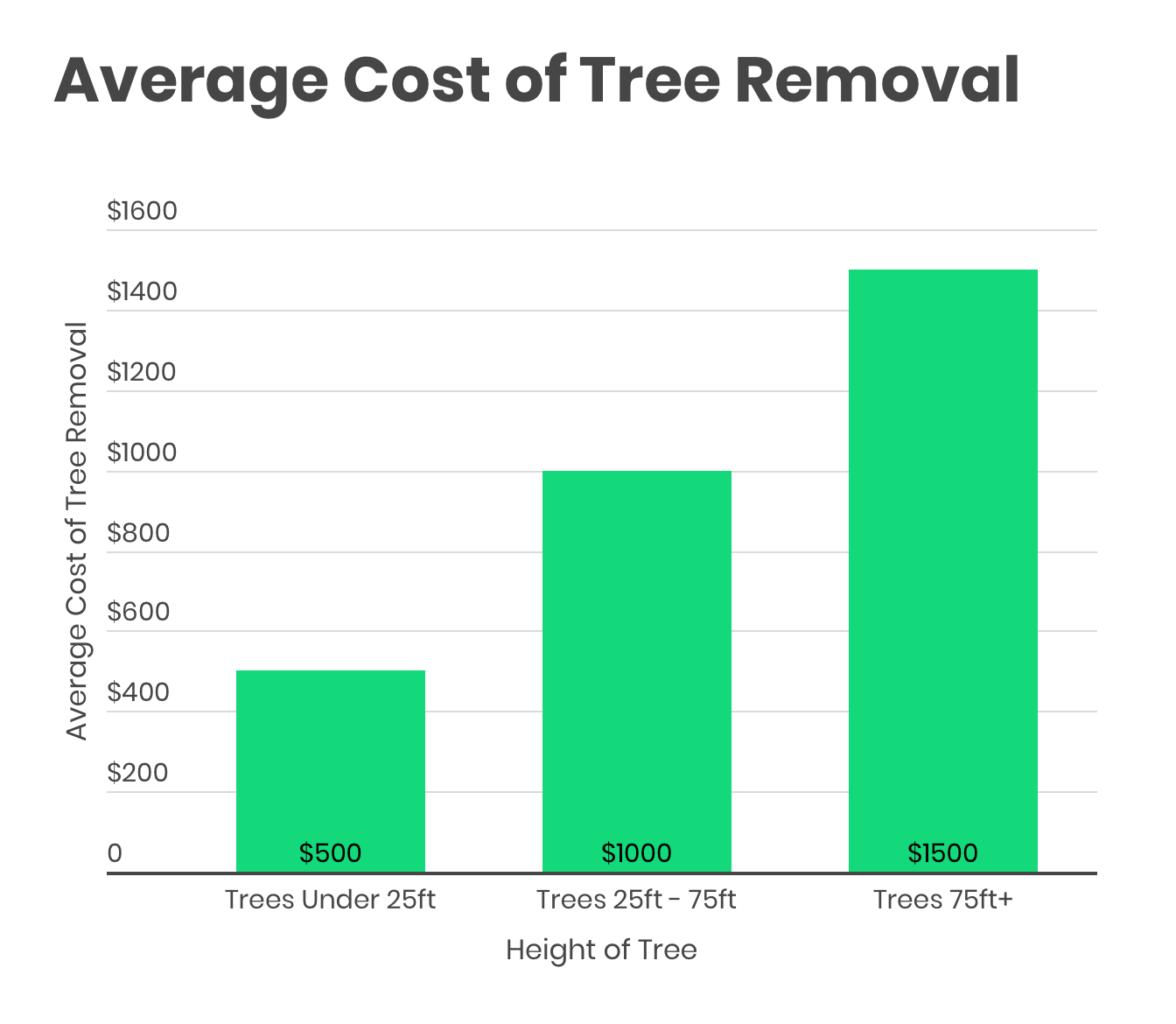Featured
Table of Contents
- – Warsaw, IN Stump Grinding Cost Insights
- – Extra Tree Clearing Costs In Warsaw, IN: What ...
- – Latest Tree Service Costs In Warsaw, IN
- – Power Replacement Costs For Tree Clearing In ...
- – Find Tree Clearing Quotes In Warsaw, IN
- – Warsaw, IN Tree Trimming Exchange Programs: C...
- – Veteran Discounts On Tree Clearing In Warsaw,...
- – Avoiding Overpaying For An Tree Cutting In W...
- – Best Stump Removal Reviews In Warsaw, IN
- – Warsaw, IN Arborist Assessment Costs
- – Warsaw, IN Tree Clearing Installation Cost G...
- – Warsaw, IN Tree Service: Affordable Solutions
- – Coverage Costs For Tree Removal In Warsaw, IN
- – Warsaw, IN Tree Clearing Referral Discounts
- – Warsaw, IN Tree Trimming Service Contracts: ...

The subsections listed below supply more in-depth information about rates, including a typical range for each. TypeAverage Removal CostPineConiferPalmMagnoliaArborvitaeAshCedarSweet GumEucalyptusSycamoreCypressOakMaplePoplar You can anticipate to pay in between to eliminate a pine, depending on its size. Getting rid of a pine is among the more economical jobs unless it is one that has been around for many years and is rather big.
Warsaw, IN Stump Grinding Cost Insights
Pines likewise have a tap root that grows deep into the soil, which can prove to be more hard to eliminate. The procedure itself includes an expert cutting the tree, clearing the base, cutting the surface area roots, removing the stump, and lastly treating the soil. Without a professional hand, you run the risk of leaving pine seedlings behind, which will fall from the roots of distressed pines.
Extra Tree Clearing Costs In Warsaw, IN: What To Watch For
The U.S. nationwide average for conifer removal is approximately to have the conifer reduced, transported away, and the stump ground or gotten rid of totally. Conifers are generally much easier to get rid of, and despite the fact that they can grow quite high, they do not cost a fortune to eliminate. Conifers consist of pine, spruce, fir, and juniper trees.
Latest Tree Service Costs In Warsaw, IN
While conifers are beautiful, they kill native plants and particular types of yard (tree cutting). The average cost of palm elimination depends on the height as much as the type, varying from.
Power Replacement Costs For Tree Clearing In Warsaw, IN
That is why it is important to understand which type you are eliminating. While you do not need an herbicide to kill a palm tree, there are some actions your removal professional will have to require to guarantee the job is done correctly. There are two methods they can get rid of them: by chopping them down or digging them up.
Find Tree Clearing Quotes In Warsaw, IN
From there, they eliminate the actual tree and then the stump. Anticipate to pay in between to eliminate this type of tree, depending on the exact size and details of the job.
Warsaw, IN Tree Trimming Exchange Programs: Costs
There are three types: green, white, and black ash. White ash is understood for its numerous colors. With its gray-tinged bark, its leaves are green or purple in the spring and golden yellow or purplish-red in the fall. They delight in moderate environments and lots of sun. The green ash is named such due to its green or yellow foliage.
Veteran Discounts On Tree Clearing In Warsaw, IN

Due to the variation in height, the removal rate variation is large from. A coniferous, evergreen tree, the cedar is a hardy types.
Avoiding Overpaying For An Tree Cutting In Warsaw, IN
The development of false cedars varies from 50 feet up to 230 feet high. With star-shaped leaves and sensational fall colors, the sweet gum is thought about a medium to big tree.
Best Stump Removal Reviews In Warsaw, IN
It has a big root base of 40 to 50 feet, which impacts the removal cost. Typically, it costs in between to get rid of a eucalyptus. Eucalyptus are not typical everywhere, however they are rather large compared to others, which is why even the smaller ones are so expensive to get rid of. Originally from Australia, eucalyptus are intrusive plants that grow in thick groves that secure native plants.
Warsaw, IN Arborist Assessment Costs
There are a handful of ways to do this, including burning, pulling, grinding, or killing them with herbicide. Anticipate to pay between to eliminate sycamores, based on the height, trunk size, and quantity of work included. Sycamores are one of the largest wood trees, normally varying from 60 to 100 feet tall and as wide as 15 feet.
Warsaw, IN Tree Clearing Installation Cost Guide
The first 2 steps will expose the within the tree and cut off the circulation of nutrients up the trunk. From there, an expert applies herbicide to kill the tree and cuts down the trunk. They will eliminate the stump. Otherwise, new sprouts may grow from it. Reducing and getting rid of a mature cypress could cost as much as.
Warsaw, IN Tree Service: Affordable Solutions
There are several types of Cypress trees, but the most common are the Leyland, Arizona, Bald, and Italian. The Bald Cypress grows in swampy or extremely damp areas while the others enjoy a dry, warm, or hot climate (tree clearing). They can grow as high as 80 to 100 feet tall
Coverage Costs For Tree Removal In Warsaw, IN

Prone to illness, the Cypress is among the most treasured woods for furniture. The average oak grows to around 60 feet, and depending upon the intricacy of the removal, it costs approximately to remove. The precise size of your oak and the effort needed to fell it affect what you will really spend for removal in addition to any additional services like stump grinding.
Warsaw, IN Tree Clearing Referral Discounts
Access to the trees and the roots will likewise affect the overall cost. Maples are usually among the more costly trees to get rid of because of their size and the work included in the removal.
Warsaw, IN Tree Trimming Service Contracts: Costs
Poplars are giants of the types. Growing as high as 90 to 115 feet, these huge woods are primarily found in North America and include the aspen, cottonwood, and balsam trees. Boasting an expansive root system, poplars can be costly to eliminate when totally grown. The procedure to get rid of trees includes all the cutting and cutting of the branches and trunk, bringing it down to a stump.
Table of Contents
- – Warsaw, IN Stump Grinding Cost Insights
- – Extra Tree Clearing Costs In Warsaw, IN: What ...
- – Latest Tree Service Costs In Warsaw, IN
- – Power Replacement Costs For Tree Clearing In ...
- – Find Tree Clearing Quotes In Warsaw, IN
- – Warsaw, IN Tree Trimming Exchange Programs: C...
- – Veteran Discounts On Tree Clearing In Warsaw,...
- – Avoiding Overpaying For An Tree Cutting In W...
- – Best Stump Removal Reviews In Warsaw, IN
- – Warsaw, IN Arborist Assessment Costs
- – Warsaw, IN Tree Clearing Installation Cost G...
- – Warsaw, IN Tree Service: Affordable Solutions
- – Coverage Costs For Tree Removal In Warsaw, IN
- – Warsaw, IN Tree Clearing Referral Discounts
- – Warsaw, IN Tree Trimming Service Contracts: ...
Latest Posts
Deals On Stump Removal In Micco, FL
Local Pricing For Stump Grinding In Poolesville, MD
What You Need To Know About Stump Removal Prices In Waynesboro, GA
More
Latest Posts
Deals On Stump Removal In Micco, FL
Local Pricing For Stump Grinding In Poolesville, MD
What You Need To Know About Stump Removal Prices In Waynesboro, GA